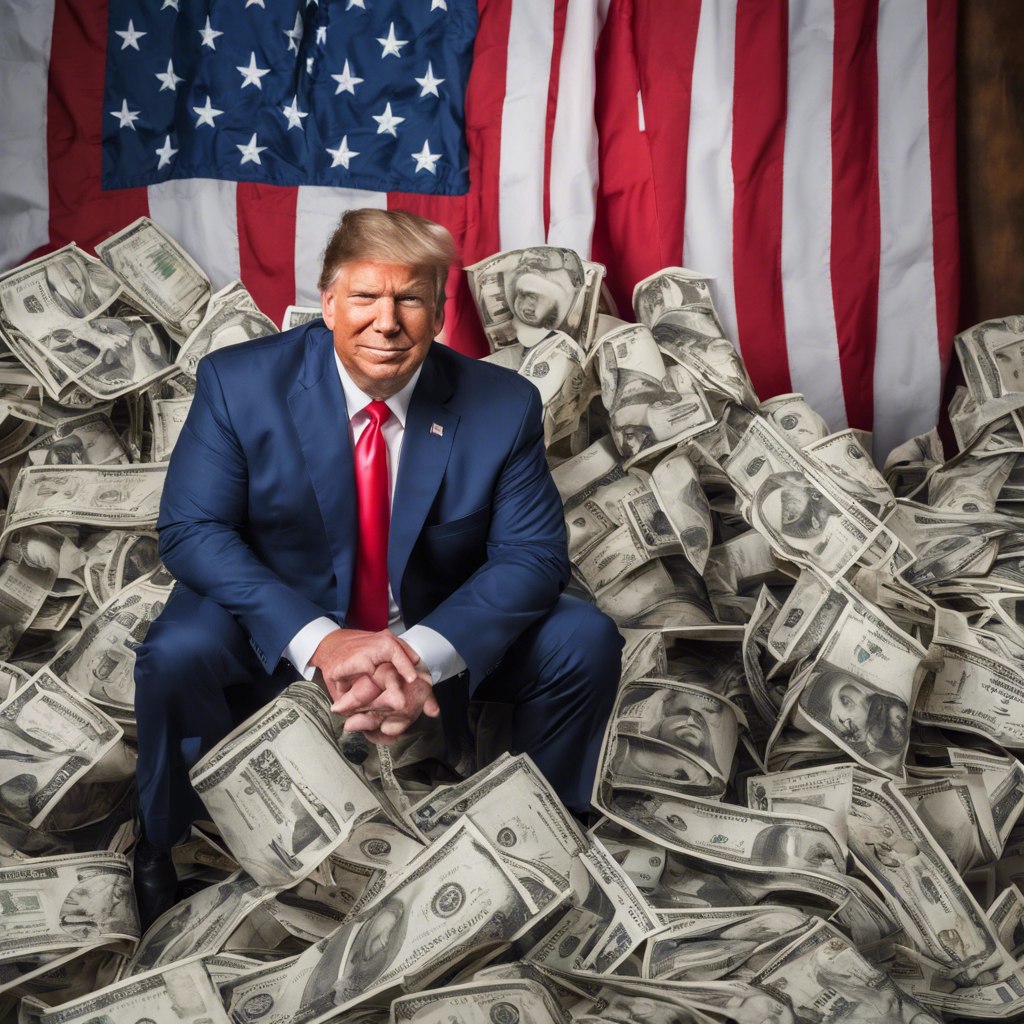The Rise and Fall of Ron DeSantis: A Failed Trump Alternative

How Ron DeSantis’ presidential campaign faltered, while Nikki Haley gains momentum
As the Iowa caucuses approach, it’s worth reflecting on the failed presidential campaign of Florida Governor Ron DeSantis, once seen as a viable alternative to Donald Trump. DeSantis was touted as a candidate who could appeal to voters tired of Trump’s antics while still embodying the movement he ignited. However, his campaign never gained the traction it needed, as evident from a pivotal event last summer—the Lincoln Dinner in Iowa. Attendees expressed doubts about DeSantis’ candidacy, and their reservations foreshadowed the challenges he would face. Now, with the primary season about to begin, DeSantis finds himself struggling to regain momentum, while former South Carolina Governor Nikki Haley emerges as a potential contender. This article will delve into the reasons behind DeSantis’ decline and explore Haley’s rising popularity.
The DeSantis Dilemma: Not Trump Enough
DeSantis’ campaign faced several obstacles, but perhaps the biggest one was the simple fact that he is not Donald Trump. Many voters expressed their reservations about DeSantis, stating that he felt like a “cover band” trying to replace the real thing. Supporters acknowledged DeSantis’ accomplishments in Florida but believed Trump was the leader they needed at the national level. DeSantis struggled to inspire the same level of devotion as Trump, and his reserved personality was seen as a hindrance in the Iowa political landscape.
A Flawed Strategy and Missed Opportunities
DeSantis’ campaign strategy also played a role in his decline. His team initially adopted a cautious approach, avoiding interactions with the media and voters, much like his successful gubernatorial campaign in Florida. However, running for president requires a different set of skills, including engaging with the media and connecting with voters on a personal level. DeSantis’ discomfort in these settings became apparent, leading to missed opportunities to connect with voters and leaving them feeling underwhelmed.
One notable example was his Twitter Spaces campaign launch, which was marred by technical difficulties and a focus on obscure topics that only appealed to a niche audience. This launch set the tone for the campaign, leaving DeSantis vulnerable to criticism and failing to generate the excitement needed to gain momentum.
The Haley Surge: Building Consensus
On the other hand, Nikki Haley’s campaign has seen a surge in popularity in recent months. She has capitalized on her experience in foreign policy and positioned herself as a unifying force within the Republican Party. Haley’s strong debate performances and her appeals for consensus on divisive issues such as abortion have resonated with voters. She has managed to navigate the delicate balance of appealing to both the establishment and grassroots factions of the party, positioning herself as a viable alternative to Trump.
The Path Forward for Haley
Haley’s campaign strategy revolves around performing well in the early states and eventually reaching a one-on-one matchup with Trump. Her team hopes for a top-three finish in Iowa, followed by a strong showing in New Hampshire, which would narrow the field and create a clear path for her to emerge as the alternative to Trump. However, this strategy relies on several assumptions and faces significant challenges, including the dominance of the Trump brand and the lack of support from diehard Trump supporters.
Conclusion: The failed campaign of Ron DeSantis highlights the challenges faced by anti-Trump Republicans in the current political climate. While DeSantis was once seen as a potential alternative to Trump, his campaign faltered due to his inability to replicate Trump’s appeal and his flawed campaign strategy. In contrast, Nikki Haley has gained momentum by positioning herself as a unifying figure within the party. However, she faces an uphill battle in her quest to secure the nomination, as Trump’s influence remains strong among Republican voters. As the primary season unfolds, it will be interesting to see if Haley can maintain her momentum and emerge as a serious contender against Trump.

